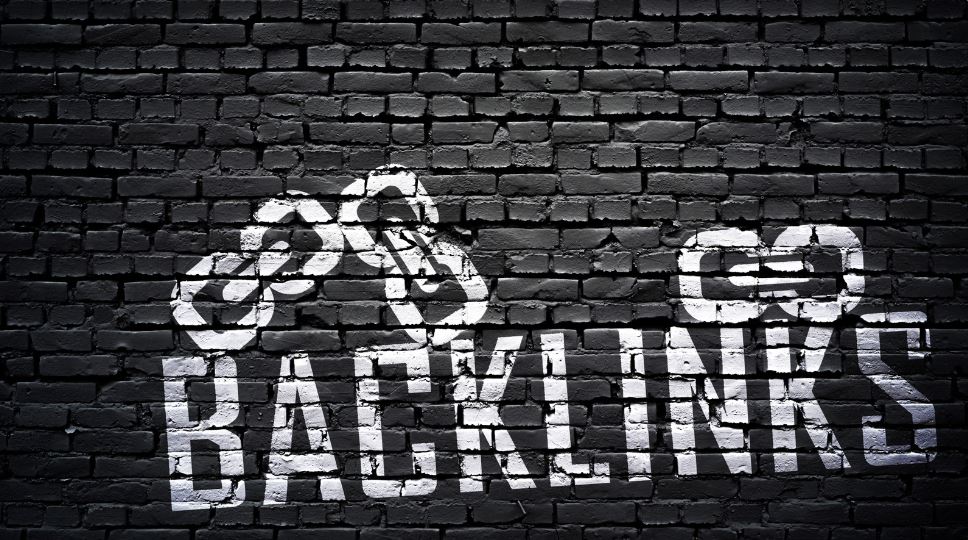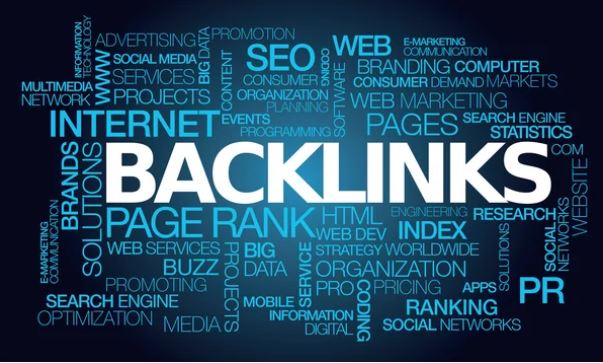Last Updated on
Unraveling the Mystery of Government Backlinks
Backlinks are the bedrock of SEO. They signal authority, build relevance, and fuel Google’s ranking algorithm. And at the very top of this pyramid of link power, we find government backlinks. Gov backlinks are like the crown jewels of SEO. They’re elusive and coveted, and when properly harnessed, they can supercharge your search engine rankings.

The Power of Government Backlinks
Why all the fuss about .gov backlinks? Simple. They come from government websites – domains that Google considers the pinnacle of trustworthiness and credibility. This reverence translates into SEO gold, lending unparalleled authority to your website.
Procuring.Gov Backlinks: Navigating the Challenges
Despite their allure, securing .gov backlinks isn’t straightforward. It requires perseverance, strategy, and a comprehensive understanding of the landscape. Here are some effective methods to tap into this reservoir of SEO power.
Strategy 1: Partnerships & Sponsorships
Building relationships is fundamental to .gov backlink acquisition. Government websites often feature organizations they’re partnered with or those sponsoring their programs. This is your inroad. Create meaningful collaborations with government agencies that align with your business. By supporting events or contributing to initiatives, your website could earn a coveted spot on its partner page.
Strategy 2: Resource Pages
Government websites are treasure troves of information, often hosting resource pages to guide visitors. Identify these pages and scrutinize them for relevance to your content. Can your blog post, guide, or tool add value? If so, reach out and suggest your resource. Make sure to emphasize the benefits for their audience to maximize your chances of success.
Strategy 3: Government Blogs & News Portals
Just like businesses, government agencies maintain blogs and news portals. They frequently feature external content that aligns with their message. Identifying relevant content on your site and pitching it to these blogs can result in high-quality .gov backlinks. Tailor your pitch, keeping their audience in mind, and present your content as an asset.
Strategy 4: The Power of Local.Gov Links
Don’t underestimate the potency of local government sites. They’re often more approachable and offer many backlink opportunities, such as local business directories, community event pages, and local news portals. Leverage your community involvement to secure these local .gov links. They may not be federal, but Google still acknowledges their authority.
Strategy 5: Edu to.Gov Links
There’s another SEO powerhouse in town, .edu links. While not .gov, they’re highly respected by Google. Many educational institutions have affiliations with government agencies, leading to .gov links. Through guest lectures, internships, scholarships, or donations, you can work towards securing a .edu link that may lead to a .gov one.
Strategy 6: Making Use of Broken Links
Broken link building is an SEO tactic that’s equally potent with .gov websites. Dead links erode the user experience, a pain point you can help solve. Use tools to identify these links, create relevant content, and suggest your resource as a replacement.
Wrapping Up: The.Gov Backlink Journey
Procuring .gov backlinks is undoubtedly challenging. But the SEO rewards they deliver make them worth every bit of effort. Implement these strategies, persevere, and remember: each .gov backlink is a significant step toward your website’s SEO supremacy.
Mastering .gov backlinks is a journey, not a destination. Remember, every backlink counts. Keep an open mind, stay creative, and the world of .gov backlinks will open up before you.
FAQs
How do I get a .gov backlink?
Getting a .gov backlink can be challenging as these domains are restricted to government entities. However, if you have relevant and valuable content that can benefit government websites, there are a few potential approaches you can consider:
- Create Resourceful Content: Develop high-quality and informative content relevant to government agencies or departments. This could include research reports, case studies, guides, or data analysis that can be useful for government officials or the public sector. By offering valuable content, you increase the chances of government websites linking to your resources.
- Collaborate with Government Agencies: Contact government agencies or departments relevant to your niche or industry. Propose collaborations or partnerships, such as joint initiatives, research projects, or content contributions. This can create opportunities for acquiring .gov backlinks through official collaborations.
- Participate in Government Programs: Engage with government initiatives, programs, or events related to your industry. This could involve participating in panels, conferences, or workshops where government representatives are present. Networking and building relationships with government officials could lead to potential opportunities for backlinks.
- Offer Expertise and Assistance: Government websites often seek expert opinions, testimonials, or contributions from professionals in various fields. Monitor relevant government websites or platforms for opportunities to offer your expertise or assistance. This could involve providing insights, contributing to discussions, or participating in interviews. In return, you may receive attribution and a valuable .gov backlink.
- Local Government Engagement: Consider engaging with local government entities, such as city or county websites, which may have less stringent restrictions than federal government domains. Offer to contribute resources, expertise, or support for local initiatives. This can potentially lead to backlink opportunities from local government websites.
Remember, acquiring a .gov backlink requires a genuine and mutually beneficial approach. Focus on creating valuable content, building relationships, and offering expertise or assistance to government entities. While it may take time and effort, the potential benefits of a high-quality .gov backlink can positively impact your website’s authority and search engine visibility.
Is it illegal to buy backlinks?
While buying and selling backlinks itself is not illegal, it can be against the guidelines set by search engines like Google. Search engines consider paid backlinks a violation of their terms of service because they aim to manipulate search rankings artificially. Engaging in such practices can lead to penalties and negatively impact your website’s search engine visibility.
Here are a few points to consider regarding the legality and consequences of buying backlinks:
- Violation of Search Engine Guidelines: Major search engines, including Google, explicitly state that buying or selling links to manipulate search rankings is against their guidelines. Google’s Webmaster Guidelines expressly prohibit the use of link schemes, which include buying or selling links. Engaging in these activities can result in your website being penalized, deindexed, or experiencing a significant drop in search rankings.
- Quality and Relevance: Search engines prioritize high-quality, relevant backlinks acquired naturally. Paid backlinks often come from low-quality websites or link farms that lack credibility and relevance. Such links can harm your website’s reputation and trustworthiness in the eyes of search engines.
- Unpredictable and Negative Impact: When you buy backlinks, you have no control over the quality, relevance, or intent of those linking to your website. You may inadvertently acquire links from spammy or penalized websites, severely affecting your site’s visibility and credibility.
- Focus on Organic Link Building: Instead of buying backlinks, focusing on organic link-building strategies is recommended. This involves creating high-quality content, promoting it through various channels, engaging with your target audience, and earning natural backlinks from reputable websites. Organic link building takes time and effort, but it is a sustainable and ethical approach that aligns with search engine guidelines.
It’s essential to prioritize long-term success and ethical practices when building backlinks. Investing in legitimate SEO strategies and creating valuable content that naturally attracts backlinks will help you build a solid and sustainable online presence.
What is an example of a backlink?
An example of a backlink will be if Website A includes a hyperlink on one of its web pages that directs users to Website B. In this case, the hyperlink on Website A is the backlink pointing to Website B. Backlinks are essentially clickable links that connect one website to another.
Here’s an example to illustrate this:
Website A: A fashion blog that publishes articles on the latest fashion trends.
Website B: An online clothing store that sells trendy clothing items.
In one of its fashion articles, Website A writes about a specific clothing item available on Website B and includes a hyperlink directing readers to that particular product page. This hyperlink is a backlink from Website A to Website B.
When users read the fashion article on Website A and click on the hyperlink, they are immediately taken to the corresponding product page on Website B, allowing them to view and potentially purchase the item.
Backlinks serve as a way for websites to refer their users to other relevant and valuable content or resources on different websites. They play a crucial role in search engine optimization (SEO) by indicating to search engines the popularity, credibility, and authority of a website based on the number and quality of backlinks it receives from other reputable sources.




